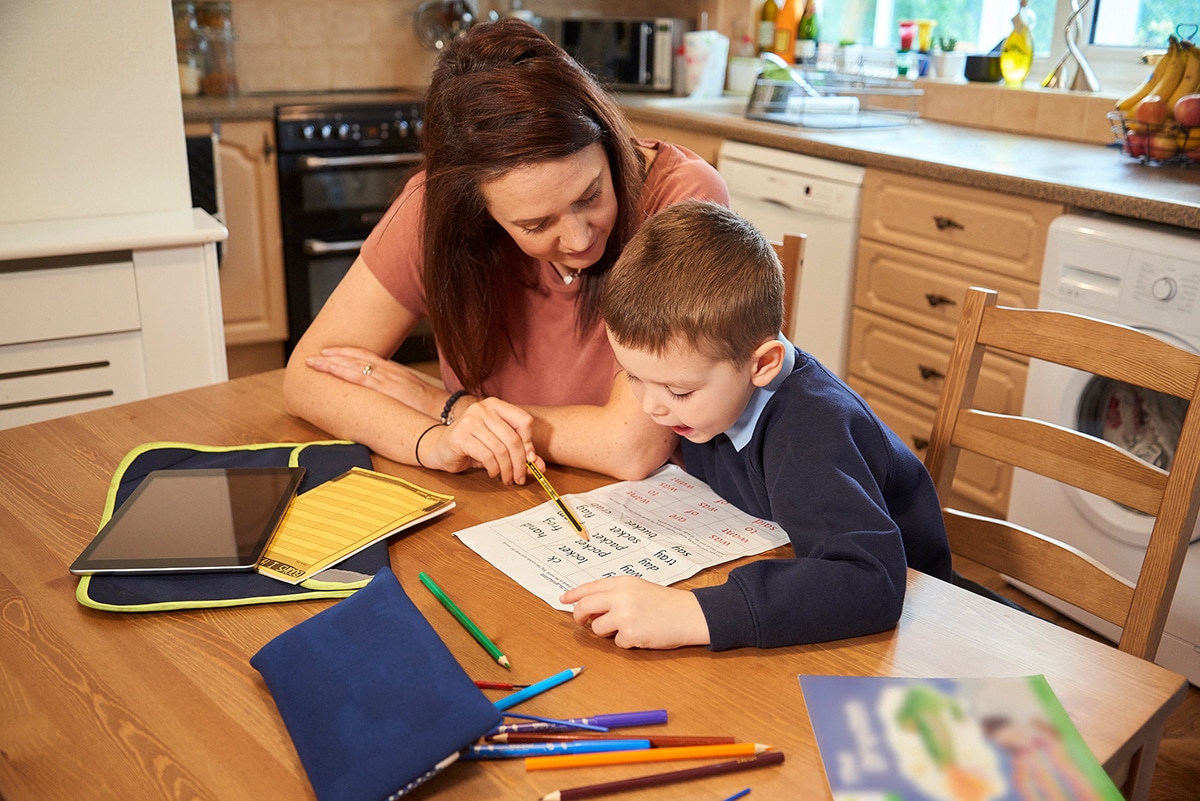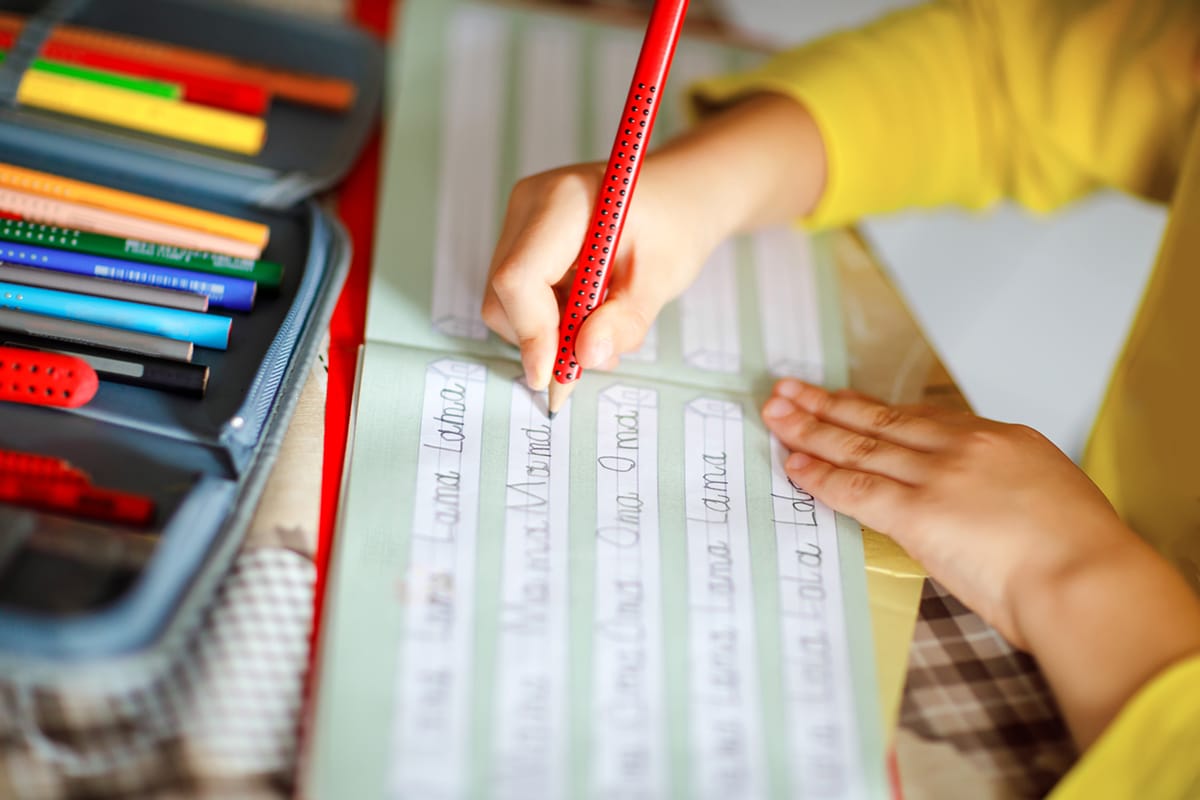Parents and teachers may be familiar with some of the more well-known consequences of dyslexia, such as having trouble learning to read or write, but there are also lesser-known effects that can impact students as they learn as well. Children with undiagnosed dyslexia may struggle with confidence if they fall behind their peers in mastering skills like reading and writing. Teachers and parents should be aware of this tendency for dyslexic children to lose confidence in themselves and work to encourage a sense of self-efficacy throughout their time in school. Read below to master some tips on how to help promote confidence in dyslexic learners.
Understanding Dyslexia
After a Dyslexia Diagnosis: What Comes Next?
There’s no right or wrong way to feel after receiving a dyslexia diagnosis for your child. The key is to remain patient with yourself and your child as you figure out what to do next. While knowing which steps to take after getting a dyslexia diagnosis can be confusing, the ReadSource is here to walk you through it. Read below to learn more about some helpful tips for what you should do after a dyslexia diagnosis.
Important Signs of Dyslexia in Elementary School Students
As every child is unique and learns in a different way, it may be difficult for parents and teachers to tell if a child has a learning difference, like dyslexia, or if they just need to be taught in an individualized way. Parents and teachers in elementary schools must recognize the important signs of dyslexia so that students don’t fall behind in essential milestones like reading and writing. Read below to learn about some of the common signs of dyslexia in elementary school students and what to do if your child exhibits these signs.
Dyslexia Definitions: Explaining 10 Important Terms Parents Should Know
As the parent of a child with a learning difference, there is always something new to learn, whether it is a recent law ensuring your child’s rights in the classroom or a new successful teaching approach. Dyslexia is no different, as this learning difference seems to come with a dictionary’s worth of words and phrases that may seem confusing to parents. ReadSource is here to translate. Read below to learn about some of the most essential terms parents and teachers should know about dyslexia.
Signs of Dyslexia: Phonemic Awareness and Reading Skills Red Flags
It can be difficult to identify signs of dyslexia in children, especially before they spend significant hours of their day in a controlled educational environment, such as a classroom. However, parents and teachers should stay aware of certain red flags to help identify a potential learning challenge like dyslexia. Although a dyslexia diagnosis must be made by an educational psychologist or another medical professional, ReadSource has compiled a list of some of our red flags and potential signs of dyslexia. Read below to learn more about phonemic awareness, essential reading skills, and signs of dyslexia in children.
Understanding Dyslexia: 5 Things You May Not Know
Although nearly 20% of the United States population has dyslexia, this learning disability is still surprisingly misunderstood. Dyslexia is not a disease that needs to be cured, however, research-based tools like the Orton-Gillingham Approach are designed to expand dyslexic student’s abilities. Read below to discover five things you may not know about dyslexia and expand your understanding of this unique learning challenge.












